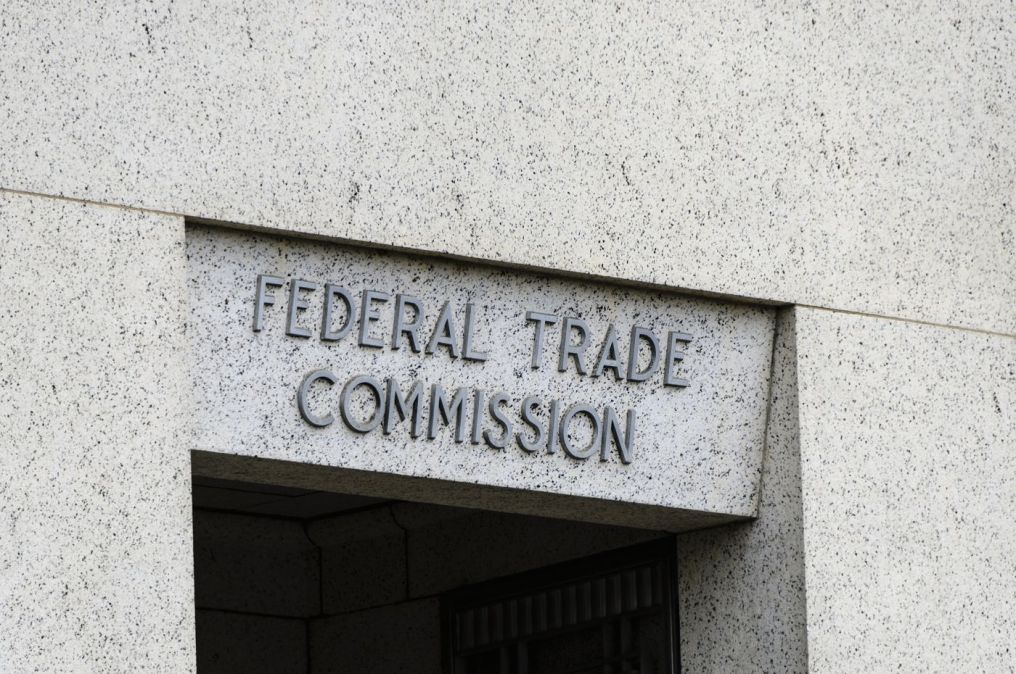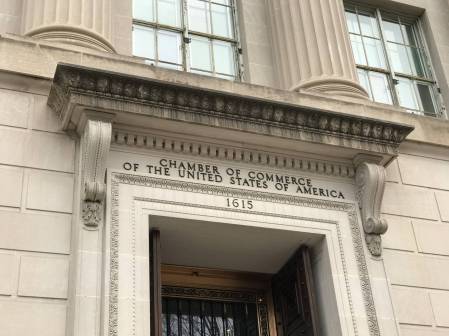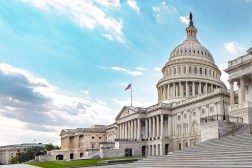FTC finalizes rule protecting governments, businesses from AI impersonation scams

The Federal Trade Commission on Thursday finalized a rule prohibiting the use of artificial intelligence to impersonate governments and businesses.
The new rule provides the FTC with stronger tools to combat impersonation scams, including enabling the agency to directly file federal court cases in an attempt to force scammers to return money made while impersonating businesses or government agencies.
Also on Thursday, the FTC proposed an extension to the new rule that would make using AI to impersonate individuals a civil offense. An FTC news release said that the extension is in response to feedback it received during the public comment period for the government and business impersonation rule.
“Fraudsters are using AI tools to impersonate individuals with eerie precision and at a much wider scale,” FTC Chair Lina Khan said in the press release. “With voice cloning and other AI-driven scams on the rise, protecting Americans from impersonator fraud is more critical than ever.”
The commission is accepting public comment on its proposed AI individual impersonation rule extension, and it’s seeking feedback on whether it should be illegal for AI platforms to generate media that could be used to harm consumers by impersonating businesses or government entities.
“As scammers find new ways to defraud consumers, including through AI-generated deepfakes, this proposal will help the agency deter fraud and secure redress for harmed consumers,” Khan said.
Earlier this month, the Federal Communications Commission banned the use of AI-generated voices in robocalls and granted state attorneys general the power to pursue legal action against the telemarketing scams.
The final rule on government and business impersonation will become effective 30 days from the date it’s published in the Federal Register, the FTC said.






